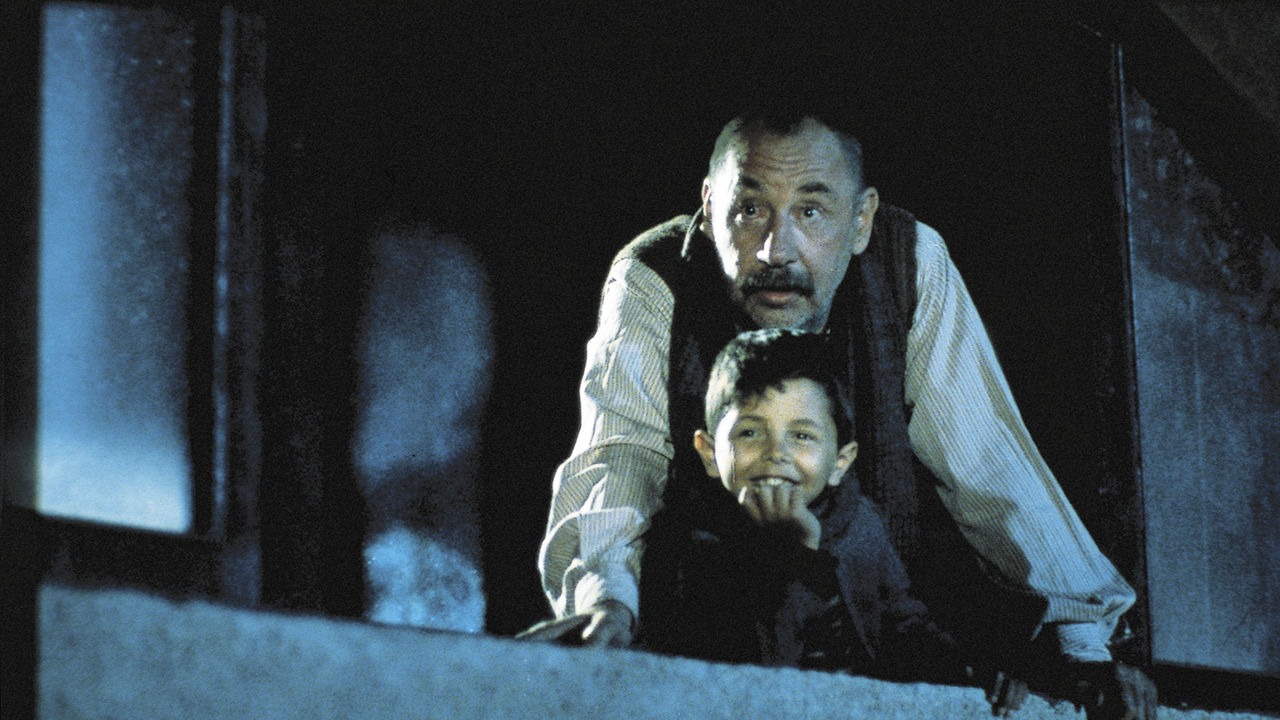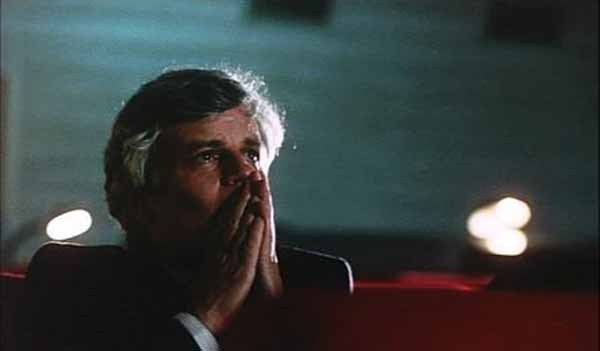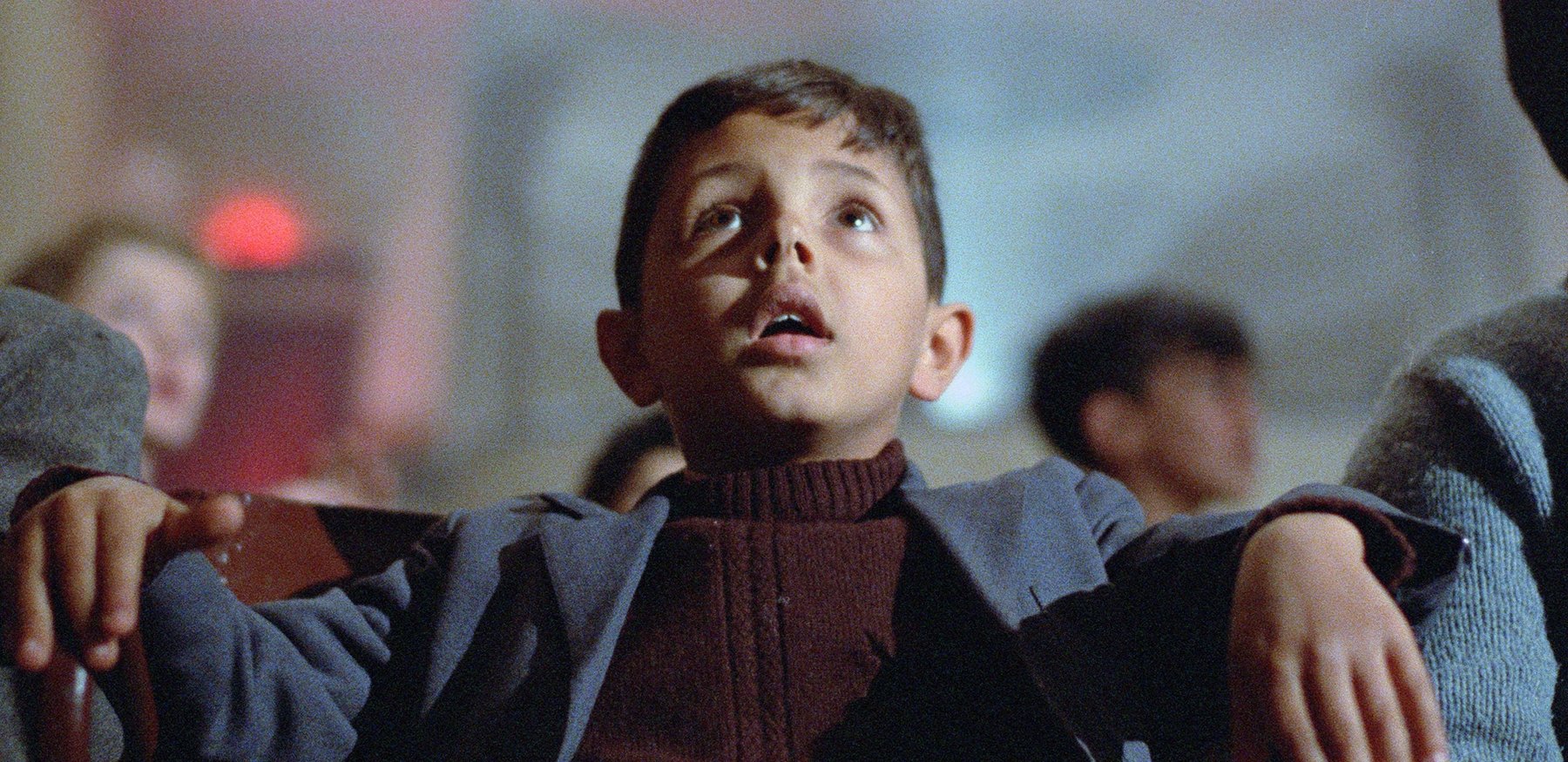“Cinema is the most beautiful fraud”
-Jean-Luc Godard
Indeed this resonates with all the hooligans, the elites, the children and the elderly who swarmed into a cinema hall day in day out in a wartime Sicilian village. This hall was the only one of it’s kind and went by the name of Cinema Paradiso. The name made perfect sense, as it stood as the grand abode of the multitude of films and exerted a divine presence which every human being desires to experience. Giuseppe Tornatore makes us forget everything for 173 minutes and then fall in love with cinema like never before. The aesthetics of this movie are without what any movie would seem incomplete. It is in this way that within the society of a postmodern Italy, he tries to instill the belief that the religion of a movie goer is irrefutable and when practiced, is eternally blissful.

The movie opens with a beautiful shot of just an empty bowl placed over the window and the sight of a sun-kissed river surface outside it. The legendary Ennio Morricone mesmerizes the viewer with all his glory as his film score remains one of the greatest in the history of cinematic music, and we can’t help but be transfixed with every single scene where it plays.
The narrative style remains quite linear showing Salvatore Di Vita aka Toto (Salvatore Cascio) as a grown up and established personality in the beginning of the movie who now lives the high life of a celebrity, but after getting the news of his “friend” Alfredo’s (Philippe Noiret) death, he cannot help but let his mind wander along the roads of Sicily and of course the projection booth of Cinema Paradiso. Salvatore as a child is shown to be witty and mischievous who crazily looks up to cinema. Instead of running errands for his mother he spends the money to buy tickets and preserves the spliced reels of the movies given to him by Alfredo. His mother’s and Alfredo’s restating “He’s mad” is something we come to love about little Toto and all of this eventually compels Alfredo to educate him about running the projector and screening cinema. The crowd invariably loved movies and would spend long hours of the night watching the same movies multiple times but what they loved even more was Cinema Paradiso. There is an incredibly shot sequence that shows how cinema goes beyond the walls of a hall, when Alfredo slowly moves a reflecting glass thereby moving the projection of the film reels from across the room to outside where it eventually falls on the walls of someone’s house leading to mass jubilation.
The subtle attacks on the faith and values of Christianity are adorned with elements of comedy and keep recurring in different forms throughout the movie. The audiences’ yearning for a kissing scene is quite normal when they see an art form as the source of redemption, a mode of escape. The pastor who censored movies earlier, turns his back to the same after it’s renovation into “Nuovo Cinema Paradiso” and this is something we crave to see. Events following this phase of liberation via cinema clearly and naturally parallel with the expansion of consciousness among the viewers and thus every time Tornatore blows up the narrow minded idealist, his weapon is cinema, both in and out of the screen. We, the viewers are confronted with the magical power of bringing change through art, when we comfortably laugh at the spectacled bourgeois getting dirt all over his face. This was also the time when Toto is the permanent projectionist and fancies a girl named Elena (Agnese Nano). For the first time Toto learns to dedicate his enthusiasm beyond cinema as is evident from all the scenes he spends with Elena, the dramatized presentation of which is justified by Tornatore when he shows their rendezvous after 30 years. Salvatore and Elena are not Jack and Rose or Romeo and Juliet even though they wanted it to be so. A third man stands instrumental behind the shaping of such a beautiful yet short lived relationship, and he is Alfredo himself, the one whom Toto considered like his father.
The later part of the movie is fueled by an emotion that man is innately prone to i.e. nostalgia. Tornatore perfectly weaves every scene with a mood on the faces of his actors, the same mood which makes the heart ache to go back in time and relive all those moments in their shared love, Cinema Paradiso. Don Ciccio when asked about the conditions, enlightens Toto that the recession and the T.V. have made people deliberately withdraw from cinema halls. Here, Tornatore replicates his own time. It is in this part that Toto realizes Alfredo’s love for him once again when he discovers Alfredo’s unsaid words inside the projection booth. Looking around the Paradiso he could see all those moments of mischief and favor, and he could hear the boos, the shouts and the excitement of people through the remnants of the hall. Salvatore’s mother (Pupella Maggio) manages to be one of the favorite characters of the movie as she portrays someone who not only thrashes his son for the better but also is a shelter for Toto’s resort, in times of his worries and concerns. The lights to show the lights of cinema are brilliantly executed through the joint venture of Tornatore and Blasco Giurato (cinematographer). Especially the meeting of aged Salvatore and Elena inside the car with flickering headlights and Ennio’s background score is destined to be vivid inside the mind of every cinema lover. The final scene of the movie is something that man savors in this art and is something for which this movie and every other movie becomes complete in terms of the feelings we shall feel and the memories we cherish. Especially when we realize that the spliced reels are not destroyed and they are still poignant enough to bring tears to Toto’s eyes, the entire movie flashes across our mind in a lightning speed and what it leaves behind is far from the practically demolished building, it is the chimerical shrine for every worshiper of cinema, it is the Cinema Paradiso.

-Aniruddha Mukherjee
